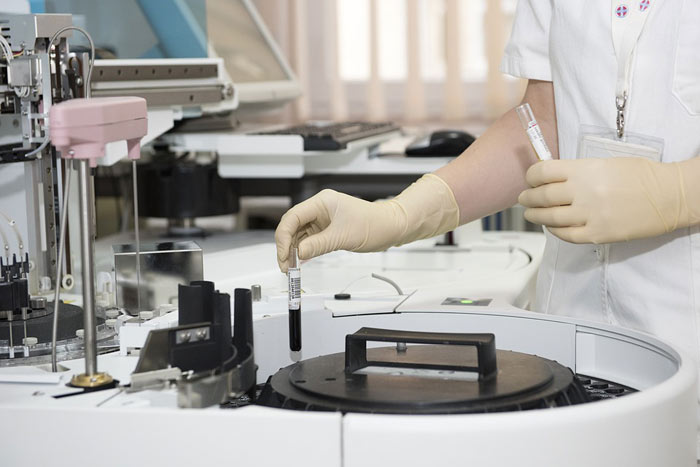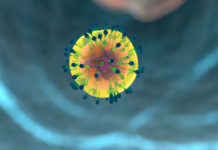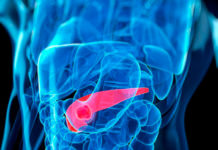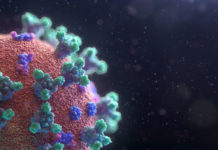 Liquid biopsy is a widely used method and an early measure for diagnosing cancer. The spinal fluid, blood, and urine are taken as the test material. Regular research by American scientists led them to develop a blood test that identifies the most common and deadly malignant neoplasms.
Liquid biopsy is a widely used method and an early measure for diagnosing cancer. The spinal fluid, blood, and urine are taken as the test material. Regular research by American scientists led them to develop a blood test that identifies the most common and deadly malignant neoplasms.
The DELFI test was presented by the scientists from Johns Hopkins University. It is based on the identification of cell-free DNA (cfDNA) cancer cells in the bloodstream using artificial intelligence methods. The DELFI method can detect breast and pancreas, lung, ovarian, stomach, intestinal and bile duct cancer at various stages.
In a cancer cell, the organization of the genome is messy, so when the cell dies, it randomly sends its DNA into the bloodstream. There it is detected and analyzed by DELFI.
DELFI machine testing allows to simultaneously analyze millions of sequences from hundreds to thousands of areas in the genome, and even small quantities of cfDNA to detect tumor-specific anomalies.
208 cancer patients at different stages were tested according to the developed DELFI analysis prior to the start of any treatment. The study also included 215 healthy people. DELFI diagnosed the presence of a tumor in 73% of cases and gave four false positive results in healthy people.
When DELFI and cfDNA analysis were combined on the basis of mutations, it was already possible to detect cancer in 91% of cases, as the authors explained.
The team is now improving the test and will continue its research on more samples. Noting that the analysis is very simple and does not require the use of expensive laboratory methods, the team reports on the need to further improve the test and conduct research on more samples.






